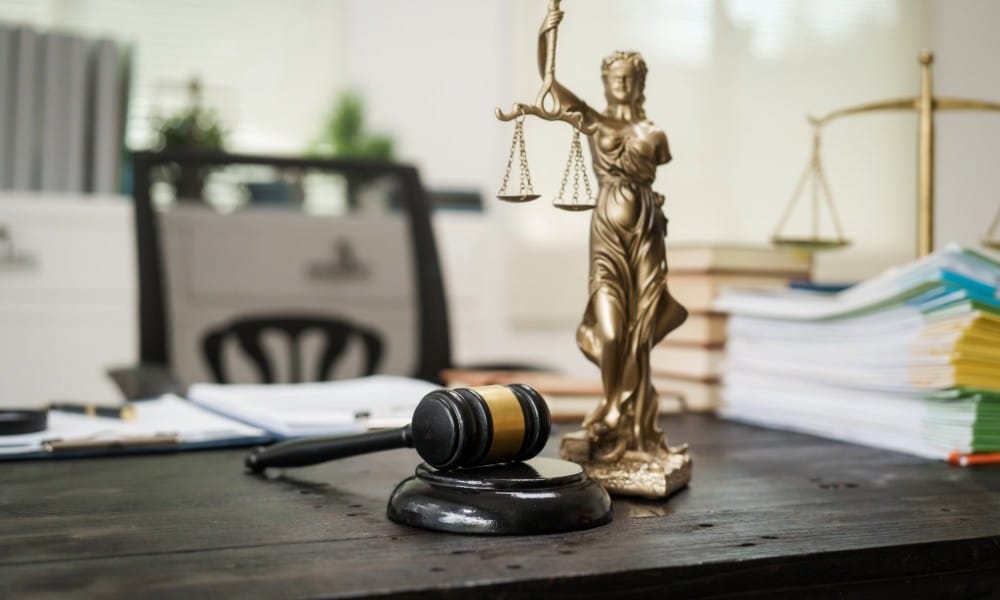Finding a knowledgeable LGBT divorce lawyer in Massachusetts is essential for navigating the legal process with sensitivity and expertise. We understand the unique concerns couples may face, from division of property to custody disputes, and how Massachusetts law applies to same-sex marriages and domestic partnerships.
Our goal is to clarify the steps involved and address any specific issues that can arise during an LGBT divorce. By working with an attorney who specializes in this area, we can ensure that our rights are protected and that the process remains as straightforward as possible.
Legal Considerations for LGBT Divorce in Massachusetts
In Massachusetts, LGBT divorce involves specific laws about marriage validity, property distribution, and parental rights. Marriage equality and recent court rulings ensure that divorce proceedings for same-sex couples are treated equally under state law.
Marriage Equality and Legal Recognition
Marriage equality in Massachusetts has been established since 2004, making this state the first in the U.S. to legalize same-sex marriage. Our state recognizes marriages of all couples regardless of gender, and our family law courts treat same-sex and opposite-sex marriages equally.
The U.S. Supreme Court’s decision in Obergefell v. Hodges (2015) secured marriage rights for same-sex couples nationwide. This means that all marriages, whether performed in Massachusetts or elsewhere, are legally recognized by both state and federal authorities. We must note that the Defense of Marriage Act (DOMA) is no longer in effect; thus, same-sex couples now have the same legal status, tax benefits, and rights as heterosexual couples under both state and federal law.
Dissolution of Marriage and Civil Unions
Massachusetts allows for the dissolution of all legal unions, including marriages, civil unions, and domestic partnerships. Marriages are terminated through divorce, while civil unions or domestic partnerships—sometimes formed before marriage equality—must be formally dissolved if still recognized.
Our attorneys address both civil unions and marriages by examining the specific rights and obligations granted at the time of the union. We emphasize confirming whether the partnership was legally recognized in Massachusetts; if not, it may still require legal proceedings to dissolve in other states. For many clients, ending civil unions or domestic partnerships remains necessary for finality and to resolve shared financial or parental responsibilities.
Custody, Visitation, and Parental Rights
LGBT divorce often includes complex parental rights issues, especially in cases involving adoption, surrogacy, or assisted reproduction. Massachusetts law recognizes both legal and biological parentage, including rights established through co-parent adoptions or surrogacy agreements.
When determining custody and visitation, Massachusetts applies the “best interests of the child” standard. This means both parents—regardless of how they became parents—are presumed equal. Legal parentage can be established through birth certificates, adoption orders, or court judgments. In our practice, we sometimes deal with legal challenges if both parents are not listed on formal documentation. Our role is to secure or clarify legal parentage, ensuring continued parental rights and access.
Property Division, Alimony, and Support
Massachusetts divides marital property equitably, not necessarily equally, when couples divorce. All property acquired during the marriage—regardless of whose name is on the title—is considered for division. This includes real estate, bank accounts, retirement assets, and even jointly acquired debts.
Alimony (spousal support) may be awarded to either spouse based on factors such as marriage length, earning capacity, and contributions to the household. Child support is calculated using state guidelines that apply to all parents. LGBT couples divorcing after a marriage or civil union are entitled to the same considerations in property division, alimony, and child support as heterosexual couples. Our approach focuses on careful documentation of all marital assets and liabilities to protect our clients’ financial interests.
Finding and Working With an LGBT Divorce Lawyer
Securing the right legal representation is essential for navigating the unique legal and personal challenges LGBT couples may face in divorce cases. Addressing custody, property, and discrimination issues requires attorneys with specific experience in Massachusetts law and sensitivity to our needs.
Choosing an LGBTIQ-Friendly Attorney
When selecting an attorney, we should prioritize those with experience representing LGBT clients in Massachusetts. This means looking for lawyers associated with organizations like the Massachusetts LGBTQ Bar Association, GayLawNet, and the Women’s Bar Association. We can also consult attorney directories that focus on LGBTIQ-friendly legal professionals.
Questions to ask include:
- What experience do you have with same-sex divorce cases?
- Are you familiar with issues like cohabitation, civil rights, and family formation unique to LGBT couples?
Working with someone who understands the nuances of discrimination, employment, and real estate as they relate to LGBT individuals is essential. Many of us may also benefit from referrals from Northeastern University School of Law’s lists or LGBT community centers in Massachusetts.
Alternative Dispute Resolution and Mediation
Divorce does not always require going to court. Mediation and collaborative law can be valuable for resolving disputes cooperatively. We should consider family mediation or divorce mediation, which allow both parties to work towards solutions on property division, parenting agreements, and support without prolonged litigation.
Mediation can be particularly beneficial for same-sex couples due to the potential complexity of premarital cohabitation and civil rights issues. By selecting mediators who are listed as LGBTIQ-friendly and understand the context of our relationships, we gain a safer, more respectful environment.
Alternative dispute resolution supports privacy, reduces emotional stress, and may be more cost-effective. Massachusetts offers qualified professionals who respect and understand LGBTIQ families and our unique legal concerns.
Modifications, Contempt, and Enforcement
After a divorce is finalized, circumstances like employment changes or relocation may require changes to support or custody orders. We must know how to request modifications—for example, adjusting child support or changing custody arrangements.
If one party is not following court orders, a lawyer can file a contempt action. Enforcement ensures that both parties comply, whether the issue is unpaid alimony or custody violations.
Attorneys with experience in Massachusetts courts, who understand the specific challenges LGBT families sometimes face, are best positioned to help with modifications or enforcement. Having proactive legal counsel helps us respond swiftly to violations and protect our rights.
Additional Legal Concerns for LGBT Couples
LGBT couples often require guidance on estate planning, including documents like wills, trusts, health care proxies, and durable powers of attorney. These legal tools ensure our wishes are honored in situations involving incapacity, illness, or death.
We may need help with probate, guardianship, and updating power of attorney documents post-divorce. Attorneys can also advise on prenuptial agreements, especially for couples with significant assets or prior cohabitation.
Addressing these additional concerns during or after divorce provides peace of mind and legal clarity, securing our future and the wellbeing of our families.




